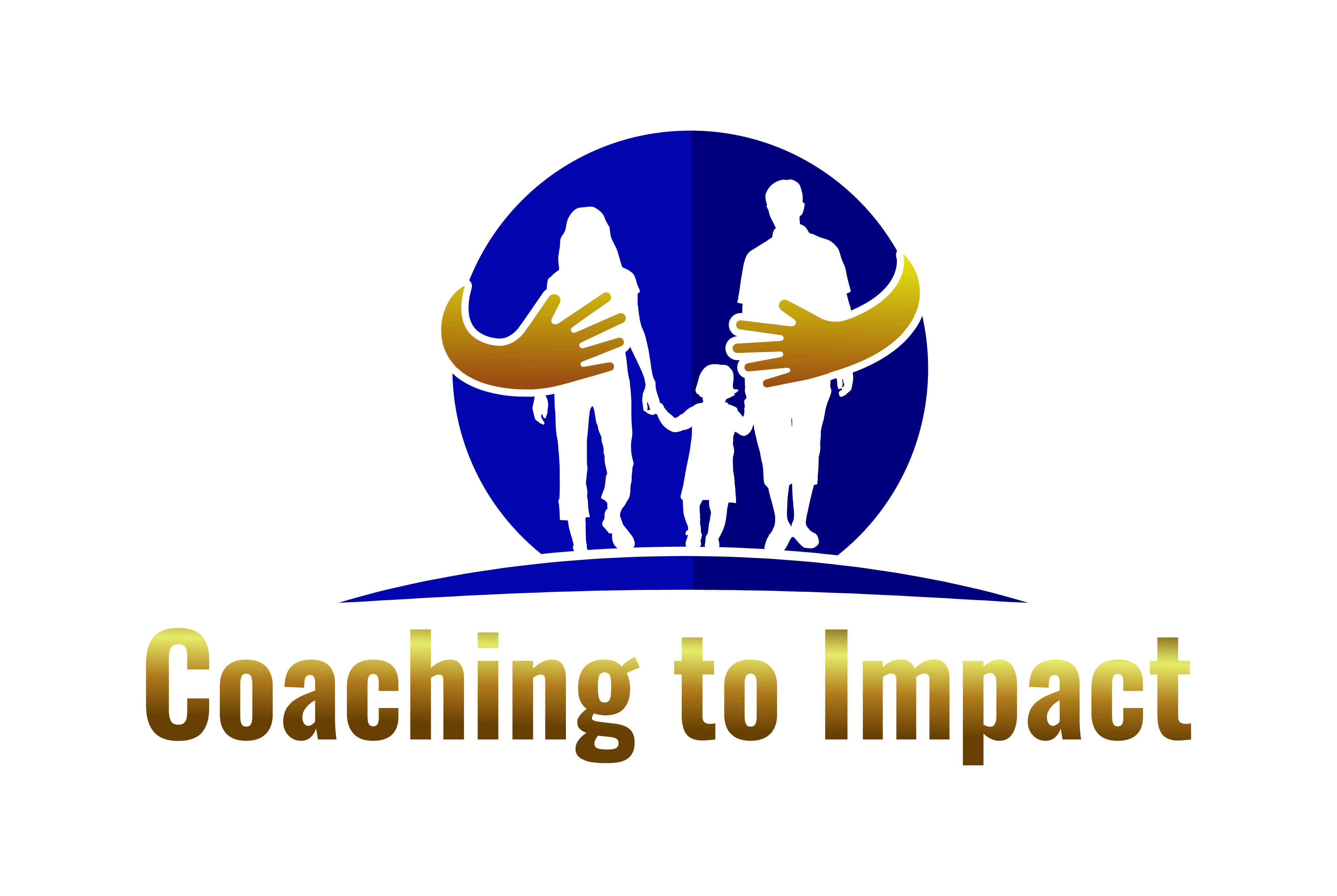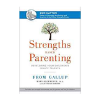 Just as every one has strengths, we also have weaknesses, meaning we are healthy. We can succeed in overcoming our weaknesses only when we concentrate on our strengths. By avoiding the trap of spending too many resources on your flaws, we can spare ourselves from tiring and demoralizing actions.
Just as every one has strengths, we also have weaknesses, meaning we are healthy. We can succeed in overcoming our weaknesses only when we concentrate on our strengths. By avoiding the trap of spending too many resources on your flaws, we can spare ourselves from tiring and demoralizing actions.
Are you ready to see your children’s unique talents? Do you want to practice your abilities and strengths to become the most effective and supportive parent possible?
This article is just a preview and a mise-en-scene for the actual workshop that will help you embrace the incredible parent that you already are, studying and trying a new approach.
Strength-based parenting is a behavior where we concentrate first on building up qualities with our children before we focus on fixing their flaws. We can encourage our kids to enhance and make the most of their talents and character, and we can show them how to use these as leverage points to approach defects and obstacles.
The Secrets of the Strong
Strengths-Based Parenting doesn’t preach the way to parent. Instead, its author, Mary Reckmeyer, enables parents to embrace their parenting style by exploring and developing their own — and their children’s — talents and strengths. With real-life cases, practical advice supported by Gallup data, and introduction to the Clifton StrengthsFinder and Clifton Youth StrengthsExplorer assessments, Strengths-Based Parenting creates the foundation for positive parenting.
Strengths-based parenting discusses these and other questions on parents’ minds. But unlike many parenting manuals, this book centers on recognizing and learning what your children are naturally good at and where they shine — not on their weaknesses. This technique also encourages you to reveal the natural talents and efficiently that apply them to your parenting style.
Mary Reckmeyer’s book is based on years of Gallup analysis on strengths psychology — including evaluations of nearly 1 million young people — and emphasized in Gallup’s national bestseller StrengthsFinder 2.0. More than 14 million people have used the Clifton StrengthsFinder evaluation to determine their combination of talents and strengths, knowing that focusing on abilities and strengths can increase the quality of life.
Today, strengths-based parenting extends strengths psychology to the most powerful operating system in the world — the family.
The unique focus on successful parenting isn’t about becoming the perfect parent. It’s about becoming a parent who remarks and nurtures the best in their child. Learn More
Do you know what happens when we concentrate on strengths? By focusing on our children’s qualities, we can help them thrive—and cease being so demanding and anxious.
How to Be a Strength-Based Parent
Psychologists have classified two general categories of strengths: talents and character. Talent relates to performance-based and visible, including things like skills in sports, music, art, IT, and problem-solving. Character refers to personality-based and internal, including things like courage, curiosity, grit, playfulness, and compassion.
Below you can find some practical definitions of strength:
- Positive features that animate us, that we perform well and choose often.
- Engaging and productive ways to add to our goals and development
- Enhanced gradually through our inherent ability and dedicated effort
- Attributes recognized by others as admirable, contributing positively to the lives of others.
- Demonstration of activity that empowers you
Although we are inclined to focus on our kids’ talents, the two categories of strengths work side by side. We might struggle to find anyone who has made the most of their skills without also bringing in attributes of character. As parents, we can help our kids tremendously by deliberately developing their abilities as much as their talents.
Here are the five E’s, which are some clues to finding the strength in your child and yourself.
- Enthusiasm
- Ease
- Excellence
- Energy
- Enjoyment
Children and teenagers who have parents who advise them to see and use their strengths enjoy plenty of well-being benefits. Advantages that include encountering more positive emotions and flow, being more determined, feeling more trusting, and being more content with their lives. Kids and teens with strength-based parents are also less anxious, handle better their friendship issues, adapt better at meeting homework deadlines, and obtain better grades.




